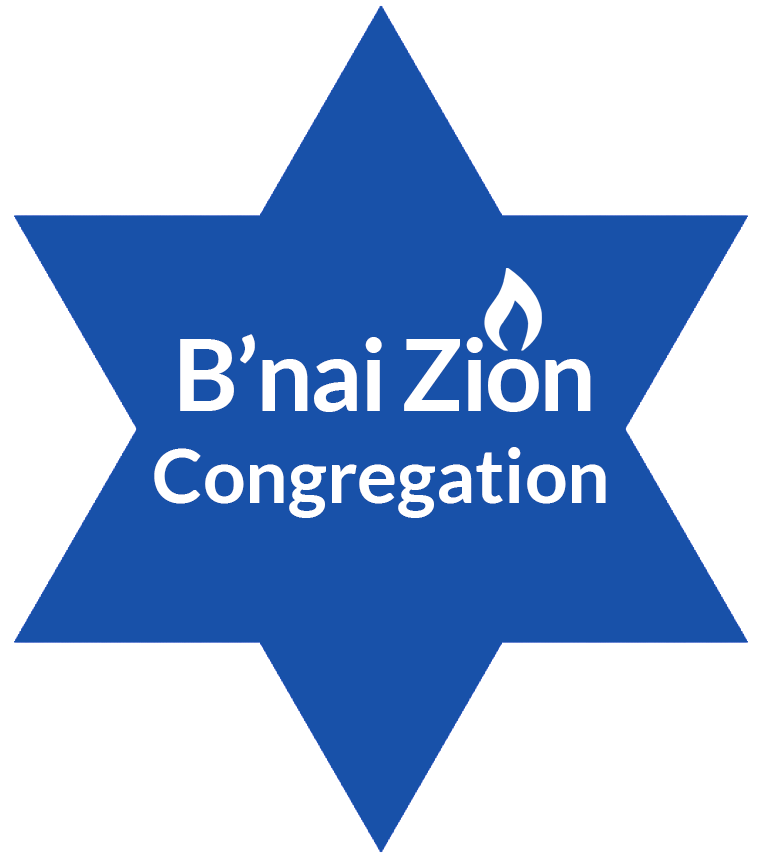Deuteronomy 18:10
לֹֽא־יִמָּצֵ֣א בְךָ֔ מַעֲבִ֥יר בְּנֽוֹ־וּבִתּ֖וֹ בָּאֵ֑שׁ קֹסֵ֣ם קְסָמִ֔ים מְעוֹנֵ֥ן וּמְנַחֵ֖שׁ וּמְכַשֵּֽׁף׃
Let no one be found among you who consigns a son or daughter to the fire, or who practices divination, an astrologer, one who reads omens, or a sorcerer.
Being human is, in many ways, unfair. We are created with the blessing of foresight and the capacity to achieve the near-impossible: moon landings, particle colliders, generative AI, etc. Yet for all our brilliance, we have our limits. Our future – what lies in store for us ahead, will always remain unknown. No amount of money, time, or brainpower can change that.
Perhaps this is why the Torah warns us regarding this list of fortune tellers. Our search for answers can never yield the kind of results we hope for because the future is inherently unknowable. But that alone doesn’t explain why the Torah makes such a strong prohibition. After all, though impossible, what harm is there in trying?
The answer lies at the heart of Jewish tradition: choice. Again and again the Torah reminds us, “I set before you life and death, good and evil. Choose life!” Nobody can tell us what tomorrow will bring, or what path we will take. Rather, we build our future one choice at a time. To believe that the future can be known is to deny our responsibility to create the best one we can. This is why the Torah warns us so emphatically. Not merely because the future cannot be known, but because seeking to know the future distracts us from our responsibility to shape it.
